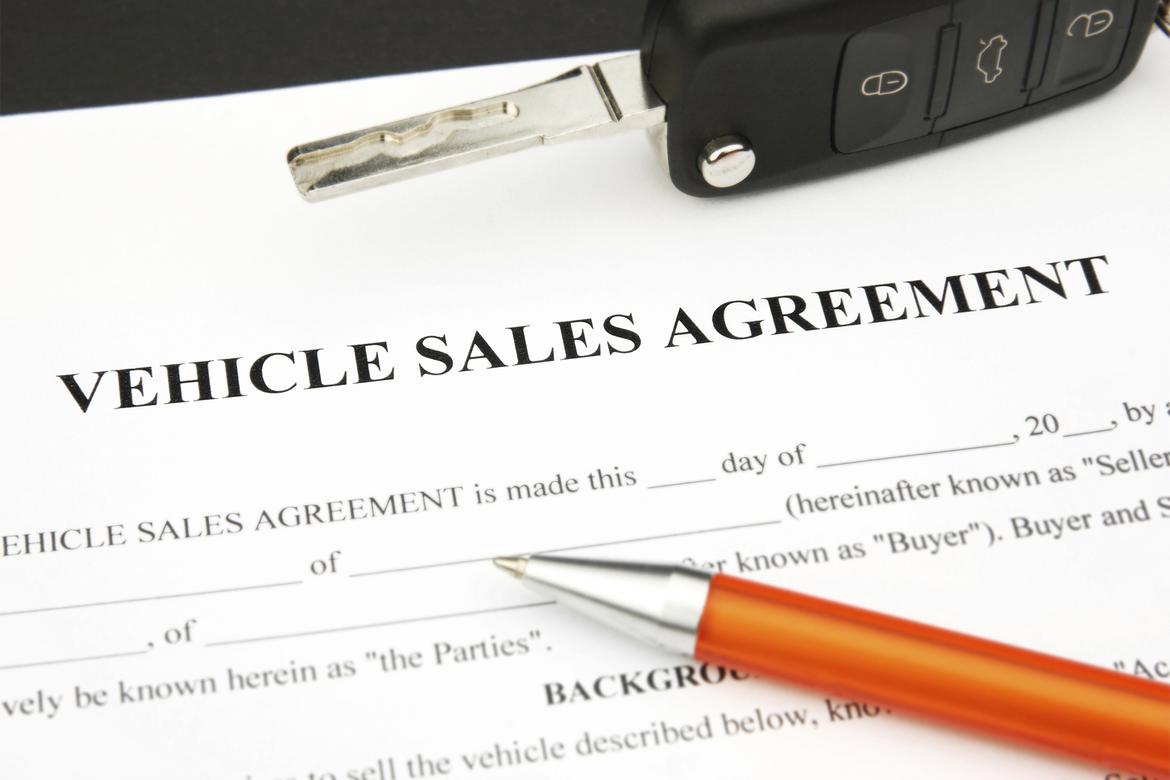
Transferring ownership to the buyer is easy, but details vary by state. We list a few guidelines regarding this part of the transaction, but check with your local Department of Motor Vehicles for location-specific details.
Related: Prepare to Sell
- Before potential buyers take their first look at your car, make sure you have the title in your possession — provided the car is paid off. You'll need to sign this over to the new owner. If you don't know where your title is or how to obtain one, see How to Sell Your Used Car.
- Ownership-transfer legalities vary from state to state, so get the details from your local DMV.
- To avoid future liability, notify the DMV that you sold your car. States have different mechanisms for gathering this information; some require you to file a notice of sale after you've signed over the title to the new owner. Make sure you research your local requirements completely and fulfill every condition.
- It's a good idea to fill out a bill of sale, even though it doesn't legally transfer ownership. Some states make this a requirement. A bill of sale lists the car's vehicle identification number, a description of the car, the date of sale, the purchase price, and the names and signatures of both parties in the transaction.
- Make copies of all paperwork.
's Editorial department is your source for automotive news and reviews. In line with 's long-standing ethics policy, editors and reviewers don't accept gifts or free trips from automakers. The Editorial department is independent of 's advertising, sales and sponsored content departments.


